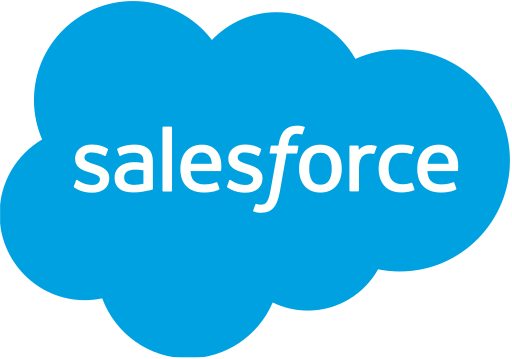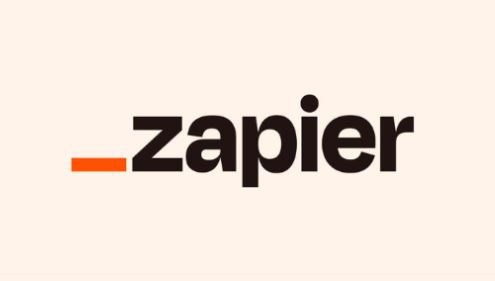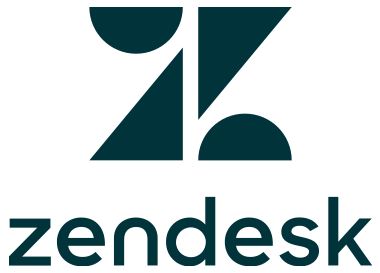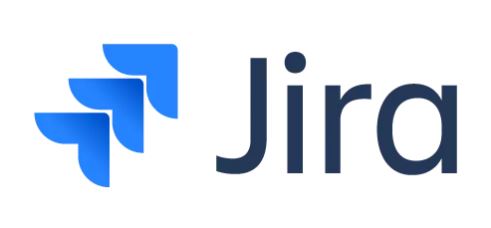Make sure every service request gets answered fast with an AI receptionist for contractors that captures leads, prioritizes urgent jobs, and keeps your schedule moving.
AI Answering Service for Contractors That Never Misses a Job Opportunity
Call our AnswerBug Demo to speak to our AI Receptionist for more info: 972-944-0311
✓ Free Trial ✓ No Credit Card Required ✓ Phone Support Included

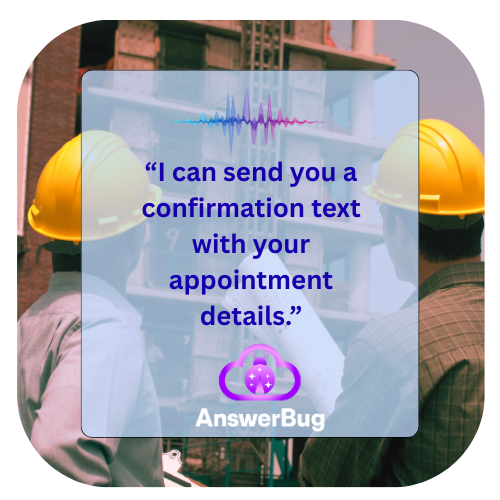
0
%
Average Missed Call Rate
For Contractors in the USA
0
%
Win Rate
For Contractors that respond to the first call
Missed Calls Turn Into Missed Jobs for Contractors
When a customer calls a contractor, they are usually ready to hire, not just browsing. If the phone goes unanswered, most callers immediately try the next contractor on their list and rarely circle back. Every missed call can mean a lost service job, delayed project, or missed opportunity to win repeat work. An AI answering service for contractors ensures every inbound call is answered immediately, capturing job details and helping customers move forward without delay.
Why missed calls hurt contractors
Customers often contact multiple contractors at once and typically hire the first one who responds live.
Call volume spikes during evenings, weekends, and busy seasons when office staff may not be available.
Unanswered calls lead to empty schedule gaps, lower close rates, and lost long-term client relationships
AnswerBug Turns Missed Calls Into Booked Contractor Jobs
For contractors, most incoming calls are from customers who are ready to move forward with a project or need service scheduled quickly. When those calls go unanswered, the opportunity usually disappears within minutes as the customer reaches out to another contractor who picks up. Missed calls do not just delay work, they directly reduce booked jobs, estimates, and long-term client relationships. An AI answering service for contractors ensures every call is answered immediately so potential work is captured while intent is highest.
AnswerBug acts as a professional first point of contact, gathering essential job details such as project type, location, urgency, and contact information. Whether the caller needs an estimate, emergency service, or follow-up scheduling, the AI routes and records everything accurately. This allows contractors to respond faster, prioritize the right jobs, and keep crews working without being interrupted by constant phone calls.
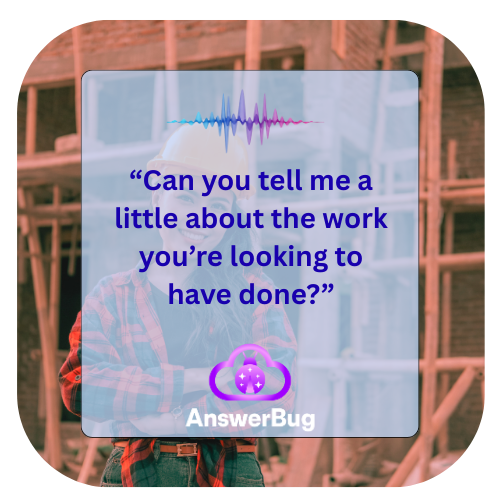
- Responds to every incoming call instantly, even during evenings, weekends, and busy jobsite hours.
- Collects detailed job information upfront so follow ups are faster and more productive.
- Reduces office interruptions by handling intake while your team focuses on completing work in the field.
How Much Revenue Are Missed Calls Costing Your Contracting Business?
When someone calls a contractor, they are usually looking to hire, not just gather information. If the call goes unanswered, most customers immediately reach out to another contractor who can respond right away. Those missed calls quietly drain revenue by eliminating estimates, service visits, and long-term client opportunities before you even know they existed. Over time, these lost chances add up to fewer booked jobs and less predictable cash flow.
The Missed Call Calculator helps contractors understand the real financial impact of unanswered calls. Simply enter how many calls your business typically misses in a week and the average value of a completed job or service visit. The calculator estimates how many projects may be slipping through the cracks and shows the potential revenue loss on a monthly and yearly basis. Within seconds, you can see how improving call coverage with an AI answering service for contractors can increase booked work, keep crews busy, and recover revenue that would otherwise be lost to voicemail or delayed callbacks.
Missed Call Calculator
Calculate the true cost of every call that goes to voicemail.
$
Conservative (10%)
Aggressive (100%)
*This assumes not every caller becomes a customer. Adjust based on your team's sales performance.
Potential Lost Revenue (Yearly)
$78,000
That's $6,500 lost every month
Benefits of an AI Receptionist for Contractors
Contracting businesses depend on fast response times, clear communication, and the ability to capture job requests before competitors do. Calls often come in while crews are on-site, driving, or working after hours, which makes it difficult to answer every inquiry consistently. An AI answering service for contractors ensures every caller reaches a professional first point of contact without interrupting field work. The result is more booked jobs, better organization, and steadier revenue without adding office overhead.
Always Available for New Job Requests
An AI receptionist for contractors answers calls 24/7, so potential customers never hit voicemail when they are ready to hire. This includes evenings, weekends, and early mornings when many service requests occur. By being consistently available, your business captures opportunities that would otherwise be lost outside normal office hours. Customers gain confidence knowing someone is always ready to take their request.
Instant First Response to Inbound Calls
Speed matters when customers are comparing contractors. An AI answering service responds immediately, giving your business a critical advantage over competitors who return calls later. Fast response builds trust and increases the likelihood that the customer commits to your company. This immediate engagement significantly improves close rates for estimates and service calls.
Manages High Call Volume Without Delays
Contractor call volume can spike suddenly during storms, seasonal demand, or marketing campaigns. AI can handle multiple calls at the same time without putting callers on hold or sending them to voicemail. Every customer receives attention regardless of how busy your team is. This keeps your pipeline full even during peak demand.
Less Administrative Work for Your Team
Answering phones, gathering job details, and scheduling follow-ups can slow down office operations. AI handles intake tasks such as collecting project information, locations, and urgency so your team does not have to. This reduces interruptions and keeps workflows organized. Staff can focus on dispatching crews and managing active jobs instead of chasing missed calls.
Lower Overhead Without Hiring More Staff
Hiring additional reception or admin staff can be expensive and difficult to scale. An AI answering service provides consistent call coverage without increasing payroll or training costs. As your business grows, AI scales automatically without operational strain. This makes it easier to expand while keeping expenses under control.
More Professional Customer Experience
Every caller receives a clear, polite, and structured interaction regardless of timing or call volume. Consistent communication helps customers feel confident that their job is being taken seriously. The AI ensures details are captured accurately, reducing confusion or missed information. A smoother intake experience leads to higher satisfaction and better long-term relationships.
Work With UsFeatures: AnswerBug Contractor AI Answering Service
AnswerBug goes beyond basic call handling to support the full intake process for contractors, helping capture
job details, prioritize service requests, and turn more callers into scheduled work.
Built Specifically for Contractor Call Intake
An AI answering service for contractors is designed around how real job requests come in: fast, urgent, and often outside normal office hours. Customers typically call when they are ready to schedule work, request an estimate, or resolve an immediate issue, and unanswered calls rarely get a second chance. By responding instantly, AnswerBug helps contractors secure opportunities while customers are actively searching for help. This first-response advantage plays a major role in winning more jobs.
AnswerBug follows contractor-focused intake flows that gather the information your team actually needs, such as job type, service location, timing expectations, and urgency level. Calls are handled consistently so no details are missed or miscommunicated. This structured approach reduces back-and-forth communication and speeds up the path from inquiry to booked work.
Live scheduling capabilities allow customers to lock in service appointments or estimate visits during the initial call. Instead of waiting for callbacks that often lead to lost jobs, customers receive confirmation right away. Automated texts and follow-ups reinforce professionalism and reduce no-shows, keeping schedules reliable and predictable.
For contractors experiencing seasonal surges, marketing spikes, or emergency-driven call volume, AnswerBug scales instantly without delays. Every caller receives immediate attention regardless of how many calls come in at once. This prevents voicemail backlogs and ensures no opportunity is overlooked due to staffing limits.
Detailed call summaries and performance insights give contractors visibility into how inbound calls are converting into real work. Teams can see which jobs were captured, which calls required follow-up, and where demand is coming from. The system integrates smoothly with existing dispatch and scheduling tools, helping contractors improve responsiveness, protect revenue, and grow without adding operational complexity.
Frequently Asked Questions
An AI answering service for contractors answers incoming calls automatically, gathers job details, and routes or schedules service requests. It ensures no potential job is lost when your team is busy or unavailable.
The AI answers calls instantly, which gives your business an advantage over competitors who respond later. Faster response times increase the chances that customers choose your company first.
Yes, the AI gathers key information such as project type, location, urgency, and contact details. This allows your team to follow up quickly and prepare for the job before making contact.
Yes, the AI receptionist for contractors operates 24/7 to capture job requests outside normal business hours. This helps secure work that would otherwise go to a competitor.
The AI can schedule appointments based on your availability or route requests to the appropriate team member. This reduces delays and speeds up the booking process.
The AI can handle unlimited calls simultaneously without putting callers on hold. Every customer receives immediate attention regardless of call volume.
No, the AI is designed to support your team by handling intake and repetitive tasks. Your staff remains focused on dispatching crews, managing projects, and serving customers.
Yes, the AI can identify urgent calls and flag them for immediate follow-up. This helps ensure critical jobs are prioritized correctly.
Absolutely, AI works well for solo contractors, small teams, and large operations alike. It scales easily without adding payroll or administrative overhead.
Flexible pricing for your Contractor Business
Starter
For small businesses that need help handling phone calls.
$49
Per month includes 200 minutes
- Customized AI Receptionist
- FAQs & Knowledge Base
- Message Taking
- SMS Appointment Links
- Email & SMS Notifications
Pro
For growing businesses looking for more advanced AI features.
$99
Per month includes 500 minutes
- Everything in Basic
- Call Transfers
- Advanced Texting
- Integrations
- Manage Multiple AI Receptionists (add on)
Easy Setup
Create your AI Answering Service For Contractors
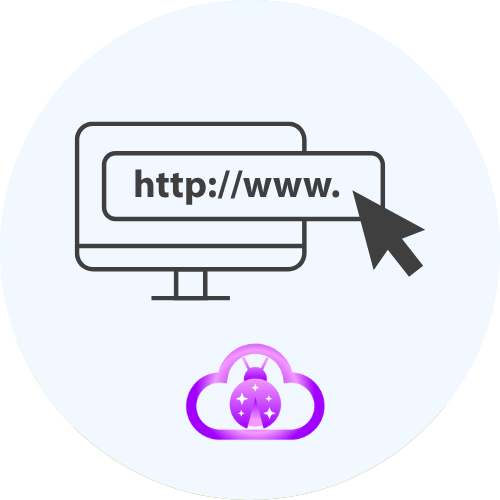
01
Create Your Account
Add your website and training material and AnswerBug AI immediately starts training on your firm.
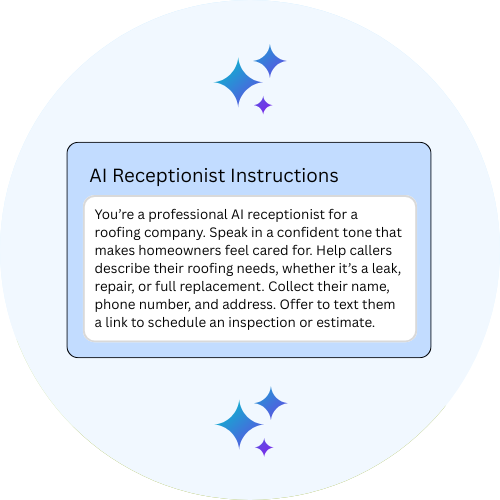
02
Tweak Your Instructions
Add a greeting, commonly asked questions, and custom instructions for alerts, texting, call transfers, and appointment scheduling.
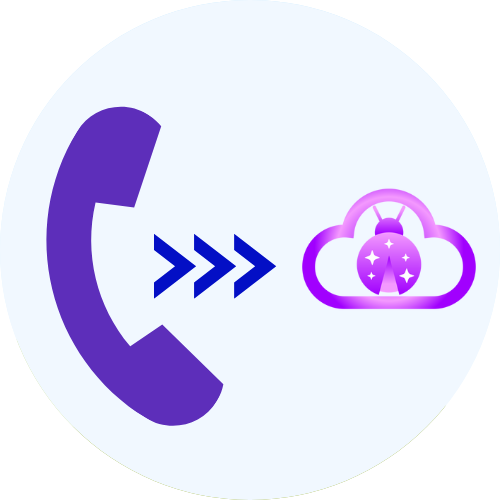
03
Forward Your Calls
Setup call forwarding or VOIP rules for when AnswerBug should answer your calls. (such as after 3 rings, after-hours, etc)













